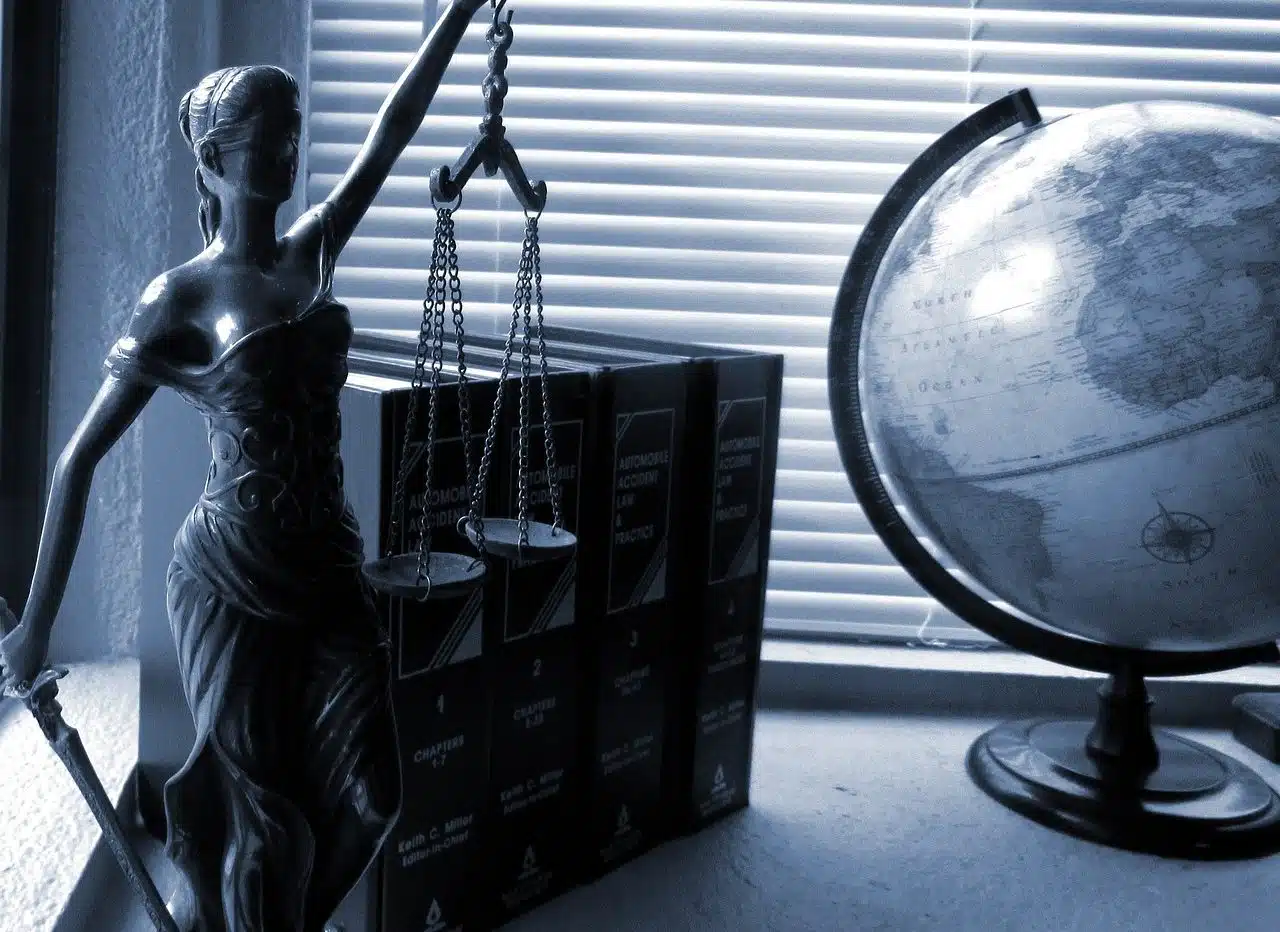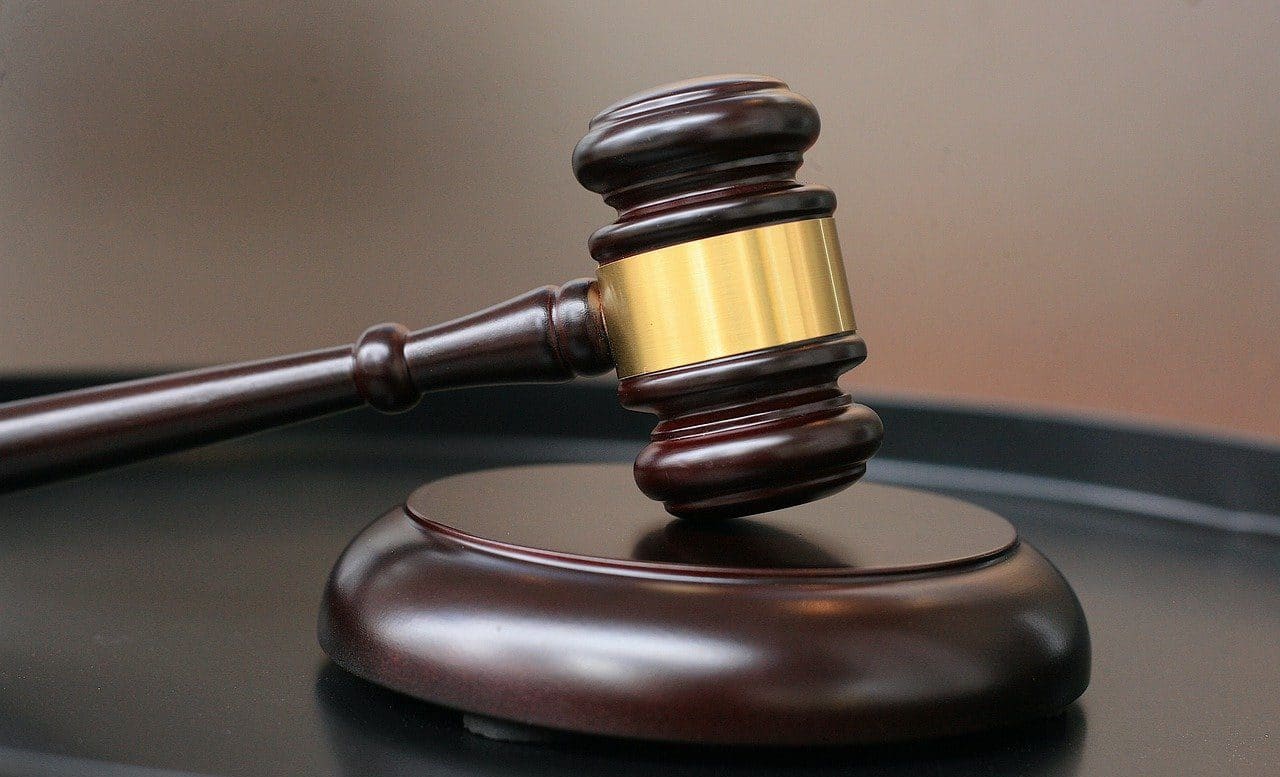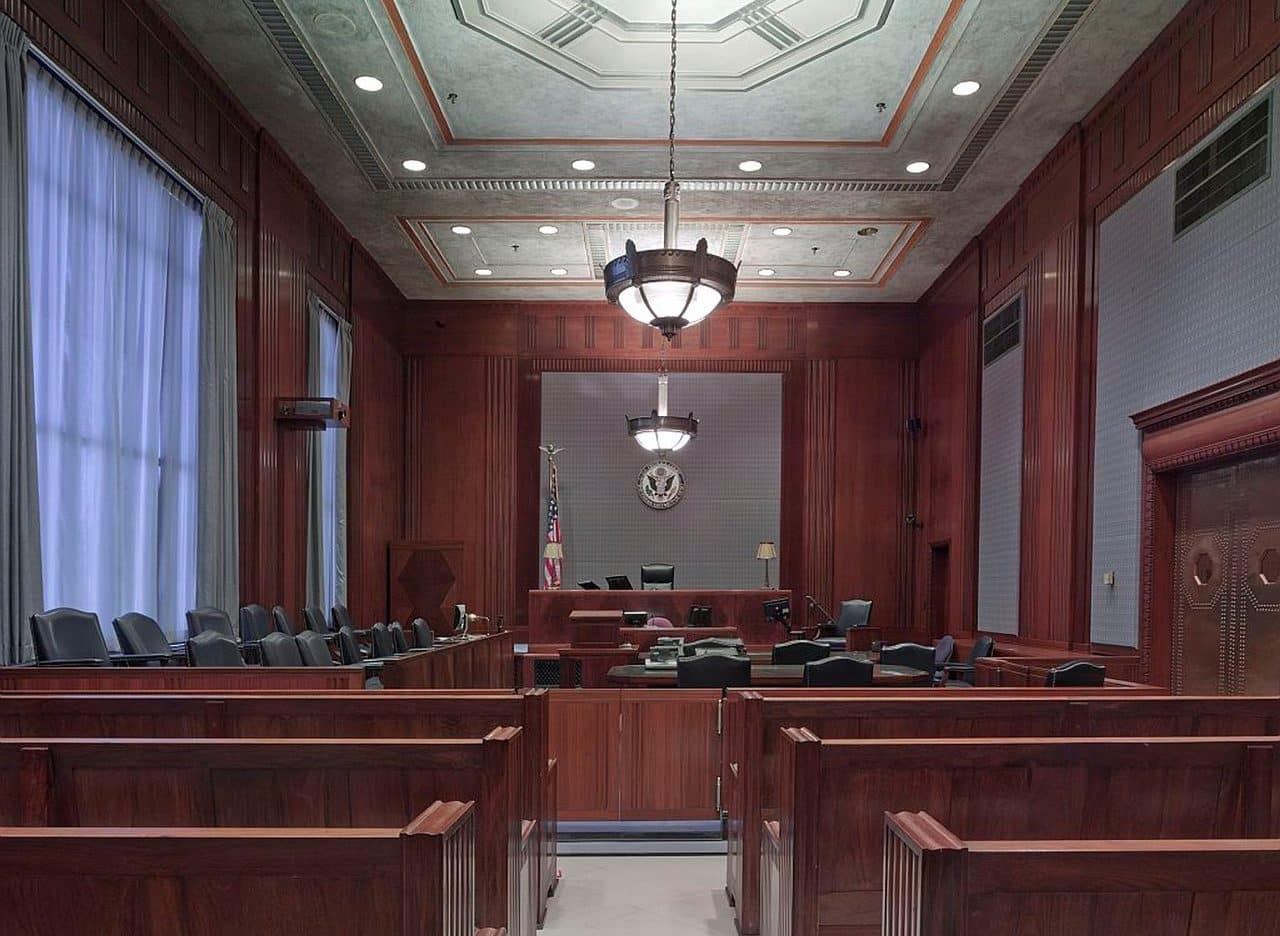
The plaintiff files a lawsuit or complaint in a court case.
The term plaintiff is used in the legal context to refer to the party who files a lawsuit or complaint in a court case. The plaintiff is the person, entity, or even the government that initiates litigation by bringing a legal action against another party, known as the defendant . You allege that you have suffered some type of harm, harm, or injustice, and seek resolution through the judicial system.
Responsibilities
The plaintiff's role in the judicial system involves several responsibilities, including:
- File the Complaint – You must draft and file a formal complaint with the court , detailing the facts, legal claims, and evidence that support your case;
- Prove your case – During the court process, you have the burden of presenting evidence to support your claims. This may include testimonies, documents, physical evidence , among others;
- participate in hearings and trials : the plaintiff and his legal representation , if any, will participate in hearings and trials, presenting legal arguments, questioning witnesses, and responding to any objections from the defendant;
- seek legal remedies : seek that the court grant you a remedy or solution to your claim. This could be monetary compensation, the taking of a specific action, or any other type of resolution the court deems appropriate.
In short, the plaintiff plays a critical role in initiating a legal case and taking it through the court system, seeking a fair resolution to their claims.
Classification
- Individual plaintiff : a single person who files a lawsuit or complaint in court. He acts on his own behalf and seeks the protection of his rights or compensation for any harm he has suffered. Individual lawsuits are common in cases such as personal injuries, contract disputes, or compensation claims;
- class action plaintiff – a group of people who join together to file a joint lawsuit against an entity or individual. Also known as a group plaintiff or class , it represents a group of individuals with similar interests or affected by the same situation. This approach is common in consumer rights, employment or environmental discrimination cases;
- public plaintiff – represents the interests of the general public or a specific group within society. It may be a government entity or a nonprofit organization seeking the protection of collective rights. He is often involved in cases involving public safety, civil rights, or environmental issues affecting the community as a whole;
- private plaintiff – a private sector individual, entity, or company that files a lawsuit. It seeks to protect its particular interests rather than represent the interests of the general public. You can bring claims in a variety of areas, such as business disputes, contractual matters, damages , or any other legal issue that directly affects the private entity or individual.
These types of plaintiffs reflect the diversity of situations in which individuals or entities seek legal remedies through the judicial system, whether individually, collectively, publicly or privately, depending on the nature and scope of their claims.

The plaintiff can be individual, collective, group, public or private.
Filing a lawsuit
Filing a lawsuit from the plaintiff's perspective is a crucial process in the court system. Let's look at an overview of the relevant steps, requirements and considerations:
-
Requirements for filing a claim:
- cause of action – The plaintiff must have a valid cause of action, that is, a legal basis for bringing the lawsuit. This implies that you must have suffered some harm or damage that can be repaired through the legal system;
- Jurisdiction and jurisdiction : It is necessary to determine whether the court has adequate jurisdiction to hear the case and whether it is competent to resolve the type of dispute raised.
-
preparation of the claim:
- drafting the claim : clearly and concisely, including details about the facts of the case, the legal claims, and the compensation or remedy requested. It is crucial to be precise and present information in a structured way;
- evidence gathering – The plaintiff must collect and organize relevant evidence that supports his or her claims. This may include documents, records, witness testimony, photographs, or other items that strengthen your case.
-
selection of a lawyer:
- Legal advice : Many plaintiffs choose to rely on the advice of an attorney to guide them through the legal process. This can offer expert advice on the viability of the case, the steps to follow and the applicable laws;
- Experience and specialization : Selecting an attorney with experience in the specific area of law related to the case is essential. Your specialization can make the difference in the effectiveness of filing the claim;
- Negotiation and representation : A lawyer can negotiate with the opposing party, represent the plaintiff in court hearings, and ensure that procedural deadlines and requirements are met.
-
Relevance of the lawyer in the process:
- legal knowledge : which can be essential to interpret applicable laws, argue effectively and avoid procedural errors;
- case management : the lawyer is responsible for the comprehensive management of the case, from the presentation of the lawsuit to the final resolution . This relieves the plaintiff of a considerable burden and improves the efficiency of the process.

Attorney fees are some of the first costs a plaintiff faces.
Costs and fees
When initiating a legal proceeding, whether to resolve a civil dispute or file criminal charges, the plaintiff faces various associated costs and fees. Lawyers generally charge fees for their legal services. These can vary depending on the complexity of the case , the reputation of the attorney, and geographic location. Some work on hourly rates , while others may offer flat rate options for specific cases.
In addition to legal fees, there are other costs associated with legal proceedings. This may include legal filing fees, investigation costs, court fees, and other expenses related to case preparation and processing .
In some cases, attorneys may work under a litigation fee agreement or a contingent fee agreement; This means that you only receive fees if the plaintiff wins the case. In such a situation, the attorney typically charges a predetermined percentage of the compensation or settlement reached.
Some plaintiffs prefer to agree to fixed fees with their attorneys . In this case, a specific fee is set for legal services, regardless of the outcome of the case. This approach can provide greater predictability regarding legal costs. Filing a lawsuit carries financial risks , especially if you work with a litigation fee agreement. If the plaintiff does not win the case, he or she may not recover the associated legal costs and expenses.
Plaintiffs should carefully consider their financial resources and openly discuss the financial implications of the case with their attorneys. This may include the possibility of flexible payment arrangements , assessing potential costs and understanding the legal fees involved.
